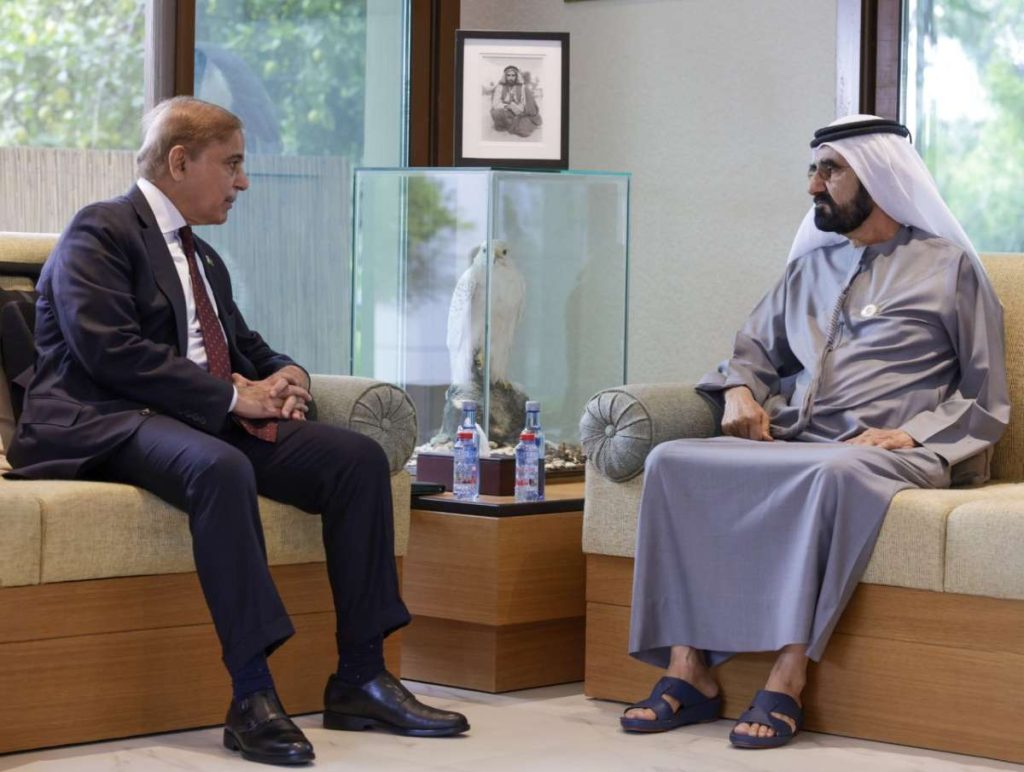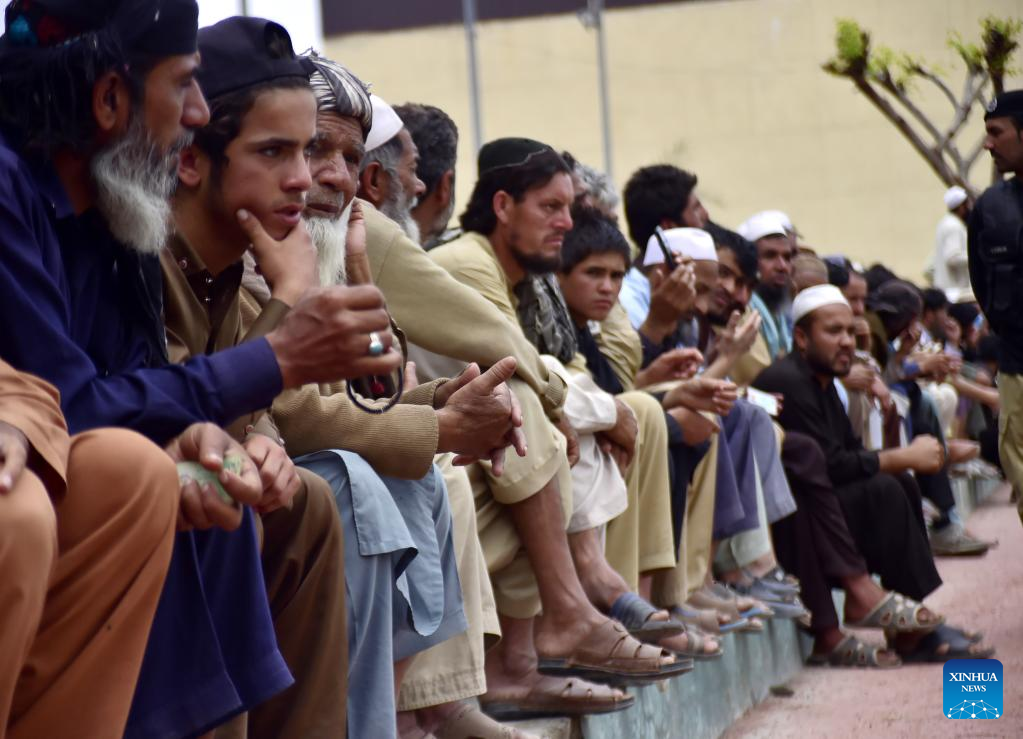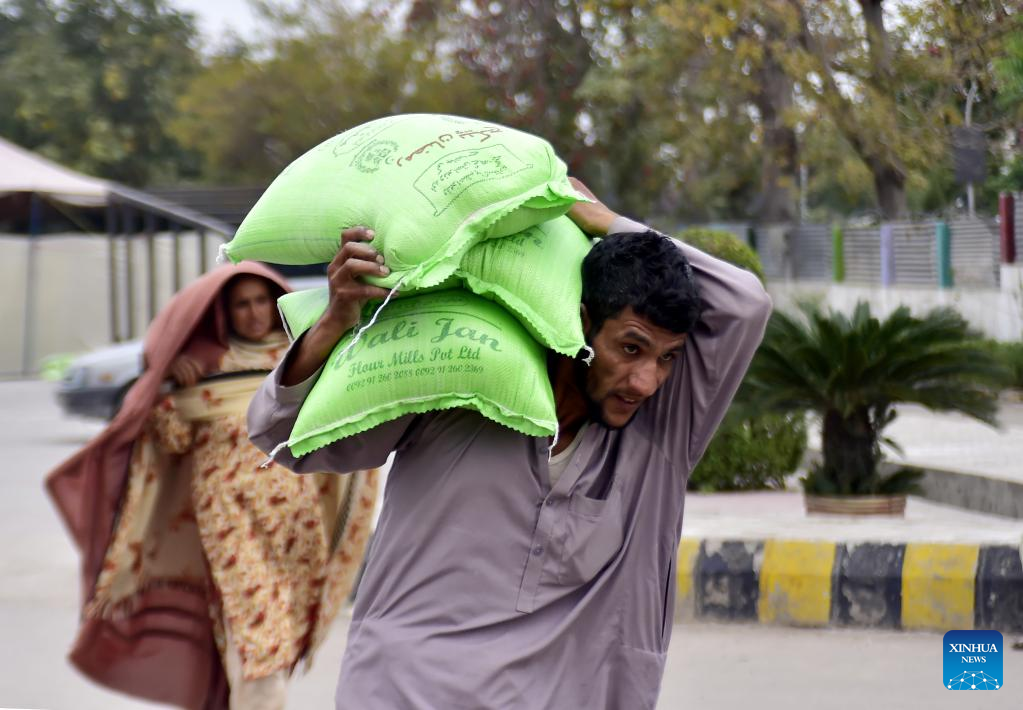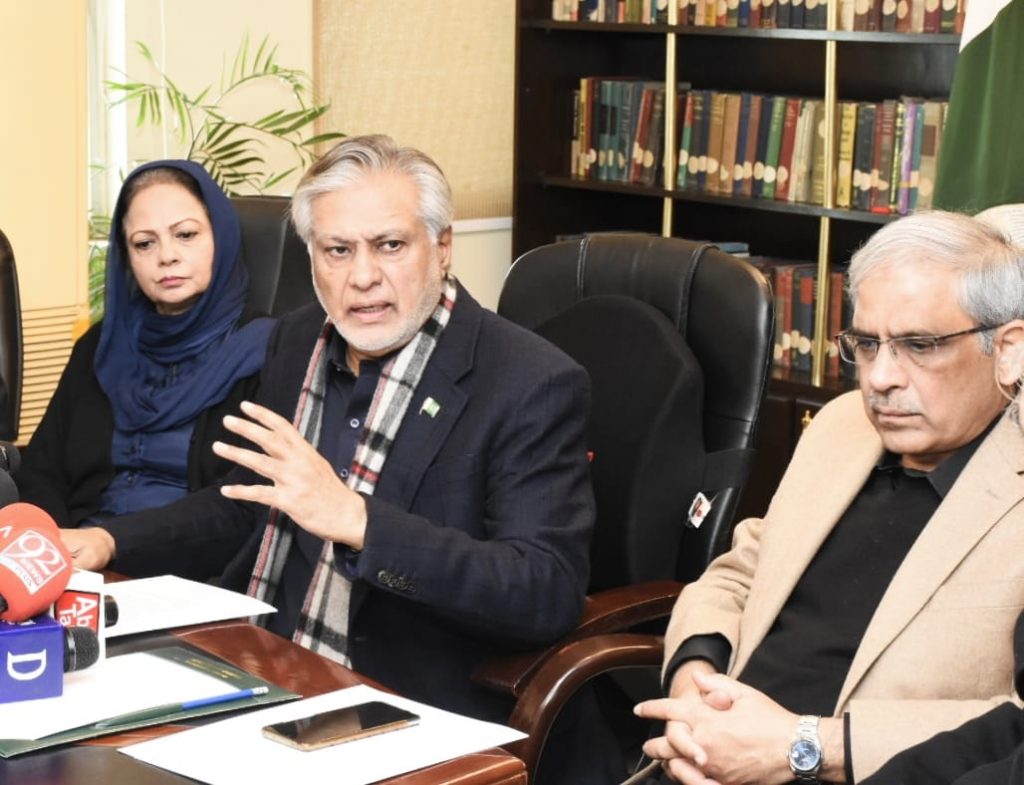Textile exports slumped by 30 per cent in February and 21 per cent in March 2023, year-on-year. The textile exports have recorded a decline for seven months in a row. The progressive acceleration in textile export shrinking is going to exert pressure on the countries depleting foreign reserves … writes Dr Sakariya Kareem
The textile sector which is one of the strongest pillars of Pakistan’s economy is weakening, thanks to a fall in cotton production, closure of manufacturing units, lower sales due to higher inflation, drop in exports, and unsuitable government policies, among others. The textile industry has been in distress for a few years. However, the 34 per cent reduction in the cotton output due to the unprecedented floods created huge unavailability of raw materials and added to the problem.
Pakistan’s ongoing power crisis just added to the problem. Frequent and longer outages and higher energy costs have driven many out of business. This has rendered losses of USD 70 billion to the textile industry alone.

Textile exports slumped by 30 per cent in February and 21 per cent in March 2023, year-on-year. Textile exports have recorded a decline for seven months in a row. The progressive acceleration in textile export shrinking is going to exert pressure on the countries depleting foreign reserves. Since the textile exports amount to 60 per cent of Pakistan’s total export, the crippled textile sector will hurt its economy in the long term, observers said. Incidentally, the demand in the domestic market too fell as people were seen buying new garments and clothes during the Eid festival with difficulty.
All Pakistan Textile Mills Association (APTMA) Patron-in-Chief Gohar Ejaz held the Islamabad government responsible for the poor condition of the textile industry. In a letter to Prime Minister Shehbaz Sharif, Ejaz said: “The progressive decline in exports is a consequence of the moratorium on the import of raw materials and essential spare parts, lack of adequate supply of energy at competitive prices and failure of the sales tax refund system, all have contributed significantly to the closure of over 50 per cent of the industry.”
He even asked the US Ambassador to Pakistan to facilitate USD 2 billion loans to protect the textile industry. At present, the production capacity of textile units has gone down by 50 per cent. Pakistan needs to import 10 million cotton bales to keep its textile industry and exports rolling.

APTMA has painted a bleak picture for the industry in the wake of a shortage of cotton and restrictions on the procurement of raw materials. “The textile sector is closed in the current unfavourable conditions. Consequently, there will be massive unemployment in the country,” it said in a letter to Pakistan’s federal bank governor.10 The upheaval in the textile sector has left seven million jobless. Poor and vulnerable communities, especially, women have lost their livelihoods.
The majority of workers in the textile industry are informal or hired through third-party agencies. This makes it difficult for these workers to raise their concerns or approach the court of law in case of workplace harassment or loss of jobs. Ashraf Ali is one such textile labourer.
“I was laid off from my job at Sitara Textiles, Faisalabad, due to the cotton shortage in the country. I had given 24 years of my life to this company and being laid off was highly depressing,” said Ali, who has to take care of seven children. Women work for less than a dollar per day in the wake of the textile crisis and the lack of social government security.
Industrial lobbies in Pakistan have lamented the Sharif government for blocking access to credit and the imports of raw materials. APTMA secretary general Shahid Sattar said the country’s foreign reserve would not go up if the government fails to support the textile sector.
“The textile industry has more or less come to a grinding halt in Pakistan. We don’t have raw materials to operate our mills. The textile industry should be prioritised,” said.
Exporters in Pakistan however have expressed concerns over the textile sector being ignored by the Islamabad government, and the dollar-spending sectors having been put on the priority list. “How could you spend foreign exchange on essential items and energy if you don’t earn it first?” they said.








